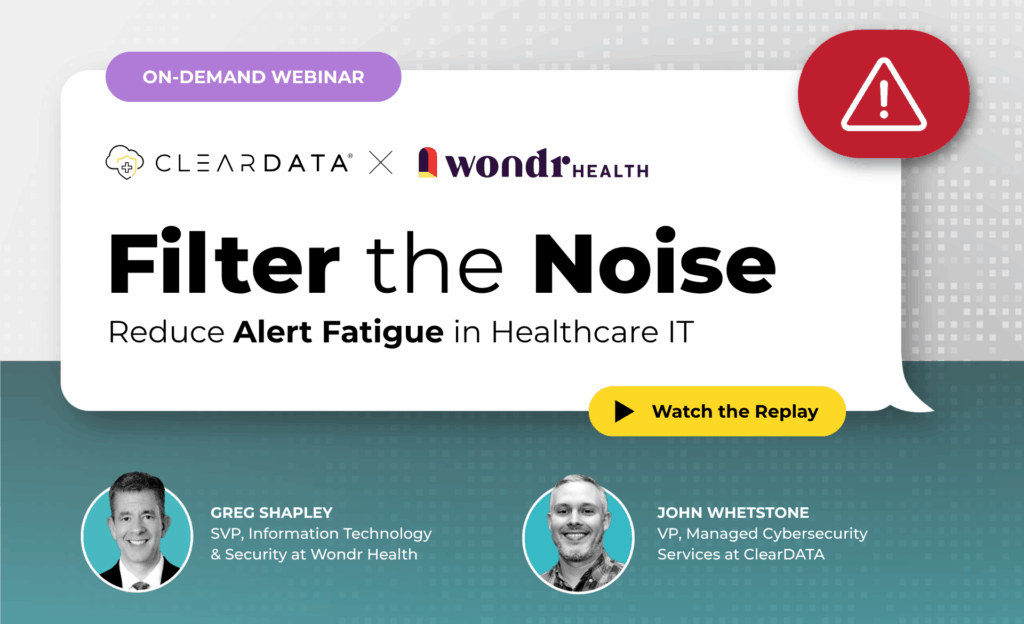Unless you have excess cash on your balance sheet, chances are there’s a limit to the resources you have at your disposal. As such, you’ve got to make smart decisions about how to allocate those resources to get the best results. And while that can be challenging for any business, it’s particularly daunting for startups and growth-stage companies.
Not only are young companies often highly budget-conscious, they’re also laser-focused on developing a viable product and getting it out to the market to serve their customers and grow the business. Not surprisingly, for those reasons alone, making the case to allocate precious resources to anything else can be an uphill battle early on in a company’s evolution.
Yet as companies mature, it quickly becomes clear just how important it is to invest in other areas of the business.
At a time when privacy and security should be top of mind for everyone, early investment is critical to assure that your healthcare IT company is complying with complex healthcare regulations.
If you want to plan for the success of your healthcare IT solution or app, you need to ensure compliance with regulatory, privacy, and security requirements is at the heart of what you do. Not only is tacking it on after the fact more expensive and inefficient, but any healthcare buyer who doesn’t see you prioritizing compliance is likely to exit sales conversations with you early in the process.
Of course, we’ve all seen what happens when companies fail to give compliance the attention it deserves. A data breach will likely result in painful fines and settlements as well as reputational damage that could actually bankrupt your organization.
Research shows that healthcare breaches may cost U.S. healthcare as much as $7 billion annually* and in addition causing considerable reputational damage to the companies in charge of safeguarding that data.
Simply put, compliance and security aren’t something you do just to check a box. It’s an essential part of your ongoing app development and deployment, both for driving revenue and ensuring the longevity of your business. Equally if not more important, it’s a pathway to addressing challenges, fostering innovation, and improving the patients’ experience, all while ensuring that highly sensitive data never falls into the wrong hands. If you want to succeed, it’s something that you have to prioritize from day one.
The Road to Compliance
As a healthcare IT company, there are a variety of different paths you can take to start ensuring that your business is compliant. One option is to hire the staff necessary to bake compliance into your company’s DNA. Of course, hiring an information security or privacy officer, and the teams those people typically need to support them is an expensive proposition – if you can find the talent in the first place (there is a major shortage in finding cybersecurity talent and it’s causing security threats). Alternatively, you could fold those responsibilities into someone else’s job description, such as a product designer, and grow the function slowly over time. The problem with this approach is that if you don’t have staff committed to this work full time, it can lead to security and compliance gaps, and your designer likely hasn’t spent the time necessary learning and building skills and expertise in security and compliance.
Another option is to partner with another third-party vendor that can provide you with security expertise and compliance services while also helping to educate and upskill your team. By bringing in the right third party, you won’t have to hire full–time employees to get the expertise and protection you need. There are also companies that offer periodic reviews and security risk assessments (which are required by the HIPAA Security Rule) that can set some baselines for you with regard to your compliance and security stature. Some third parties also offer software services that are capable of automating some of this work for you.
While any of these options can work, ultimately the best path forward is to make sure that you’re leveraging the expertise of others who have deep experience navigating security and compliance issues in the healthcare industry. Doing so will bring a number of benefits, including likely going to market faster and allowing you to align your product or service to the best practices your customers will want to see.
Selecting the Right Partner
So now that you understand the value of bringing in third–party experts, how do you find the right one? Some of the questions that you should be asking when considering a potential partner include:
- Do they have proven expertise in the healthcare industry?
- Will they help you advance and accelerate your innovation objectives?
- How will they work with you so that you become smarter about protecting your data?
- Do they have a good reputation? What credentials support that?
- What other healthcare IT companies use their services?
- Will they help instill confidence in your healthcare customers?
Ultimately, almost every business has resource constraints that make tough decisions inevitable. But given its mission-critical role in the success of your business, compliance shouldn’t be something you question, back burner or scrimp on. The good news is that you don’t have to do it all yourself: partnering with a trusted third party like ClearDATA can fill this critical gap. By leveraging this model of dedicated, proven expertise, you can operationalize your privacy and security and accelerate your digital transformation. Perhaps most importantly of all, doing so will allow you to focus on what you do best: delivering a great product to meet your customers’ needs.
*https://techjury.net/blog/healthcare-data-breaches-statistics/#gref


